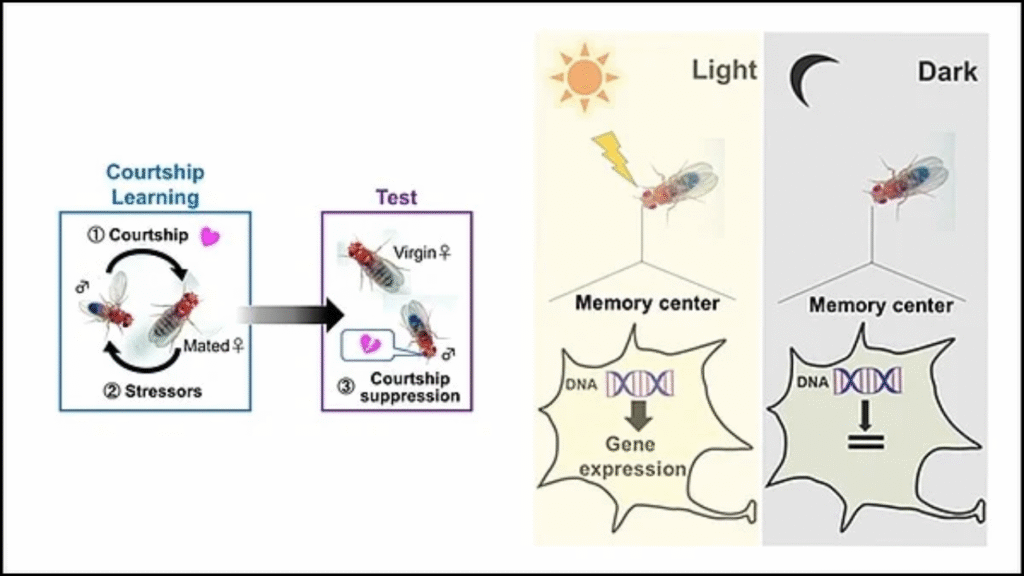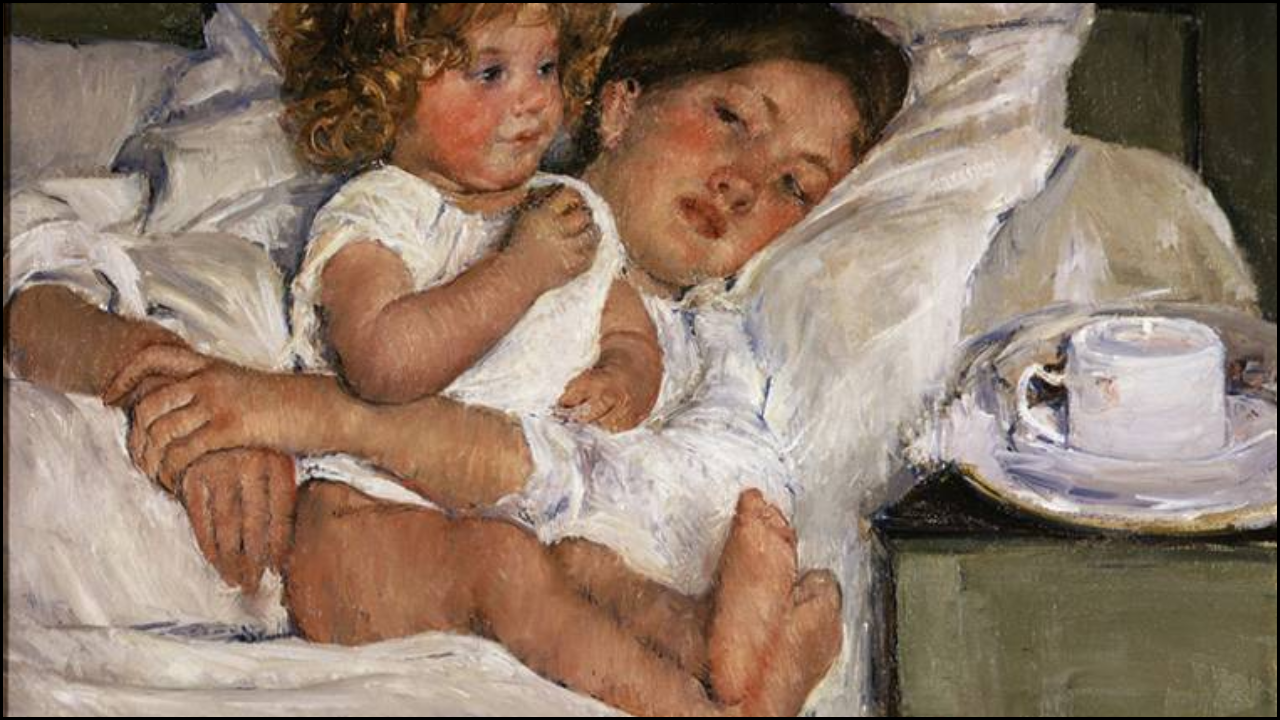
Light plays a central role in shaping human health, mood, and cognitive functions. Memory, being one of the most complex aspects of human cognition, is strongly influenced by both natural and artificial light. Scientific studies have shown that different lighting conditions can impact how the brain processes information, consolidates experiences, and recalls stored knowledge. A deeper understanding of this relationship can open new approaches in education, workplace design, healthcare, and psychological well-being. This article explores the connection between light and memory, focusing on biological mechanisms, scientific research, practical applications, and future directions.
Table of Contents
Biological Basis of Light’s Effect on Memory
- Circadian Rhythms
- Light regulates circadian rhythms, which govern sleep-wake cycles.
- Disrupted rhythms can weaken memory consolidation.
- Bright morning light improves alertness and supports memory encoding.
- Melatonin and Cortisol
- Melatonin secretion is suppressed by light exposure, particularly blue light.
- Cortisol levels rise in the morning with sunlight, enhancing alertness.
- Balanced hormones improve cognitive processing and recall ability.
- Neural Pathways
- Retinal cells send light signals to the suprachiasmatic nucleus in the brain.
- These signals affect the hippocampus, a core memory center.
- Direct stimulation of these pathways enhances memory performance.
Types of Light and Their Influence on Memory
- Natural Daylight
- Boosts concentration and supports long-term memory retention.
- Provides full-spectrum light, closely aligned with human biology.
- Blue-Enriched Light
- Found in electronic screens and LED lighting.
- Enhances working memory and reaction times when used in moderation.
- Overexposure disrupts sleep and weakens memory recall.
- Dim or Low Light
- Causes mental fatigue and poor encoding of new information.
- Leads to increased stress hormones that interfere with memory formation.
- Artificial White Light
- Common in offices and schools.
- Provides stability for cognitive tasks but is less effective than natural light.
Scientific Research Findings
- Sleep and Light Exposure
- Studies show that students exposed to bright morning light retain information better.
- Poor lighting conditions before sleep reduce memory consolidation.
- Laboratory Experiments
- Controlled trials reveal that participants exposed to blue light perform better in memory recall tests.
- Dimly lit environments lead to a decline in spatial and verbal memory tasks.
- Clinical Observations
- Light therapy has been used to treat Alzheimer’s patients, improving memory-related functions.
- Patients with Seasonal Affective Disorder show better cognitive performance after light therapy.
Practical Applications of Light for Memory Enhancement
- Educational Settings
- Classrooms with natural light improve student focus and memory.
- Timed exposure to blue-enriched lighting during study sessions boosts learning efficiency.
- Workplace Environments
- Offices with well-designed lighting enhance employee productivity and memory retention.
- Flexible lighting systems that mimic daylight cycles reduce fatigue and cognitive decline.
- Healthcare Facilities
- Hospitals using light therapy assist patients with dementia in memory improvement.
- Proper lighting supports faster recovery and improves cognitive outcomes.
- Personal Routines
- Morning sunlight exposure strengthens circadian alignment for memory.
- Avoiding excessive blue light at night preserves sleep and recall ability.
Comparative Analysis of Light Effects on Memory
| Type of Light | Impact on Memory | Best Use Context |
|---|---|---|
| Natural Daylight | Enhances long-term memory, boosts concentration, stabilizes circadian rhythms | Schools, offices, outdoor study environments |
| Blue-Enriched Light | Improves working memory, speeds reaction time, but may harm sleep if misused | Study sessions, task-oriented workplaces |
| Dim Light | Reduces alertness, weakens encoding of new memories, and increases stress hormones | Not recommended for learning or memory tasks |
| Artificial White Light | Provides stability, moderate support for cognitive performance, and is less effective overall | Offices, general indoor spaces |
| Light Therapy | Supports memory in clinical patients, improves mood, strengthens recall mechanisms | Hospitals, dementia care, and mental health use |
Barriers and Challenges in Using Light for Memory Improvement
- Overexposure to Blue Light
- Continuous exposure to screens disrupts sleep and weakens memory.
- Lack of Awareness
- Many individuals do not realize how light affects cognition and recall.
- Inconsistent Access to Natural Light
- Urban environments and closed spaces reduce natural daylight availability.
- Cost and Infrastructure
- Installing smart lighting systems in schools or hospitals can be expensive.
Future Directions in Light and Memory Research
- Smart Lighting Technology
- Adaptive systems that adjust color temperature to support memory functions.
- Neurobiological Studies
- Advanced imaging to map how different wavelengths influence memory-related brain regions.
- Personalized Light Therapy
- Customized treatment for individuals with memory-related disorders.
- Integration in Daily Life
- Incorporating healthy light exposure strategies in education, healthcare, and workplaces.
Last Words
Light influences memory in ways that extend beyond simple illumination. Biological rhythms, neural pathways, and hormone regulation all demonstrate how strongly light exposure shapes cognitive function. Practical use of natural daylight, controlled blue light, and therapeutic lighting systems can improve learning, productivity, and healthcare outcomes. Continued research will likely refine strategies to optimize lighting for better memory performance across different life settings.
Quick Answers
What type of light is best for memory retention?
Natural daylight is most effective for long-term memory retention, while moderate exposure to blue light supports working memory.
Can light therapy help with memory disorders?
Yes, light therapy has been shown to benefit individuals with Alzheimer’s and Seasonal Affective Disorder by improving cognitive performance.
Does using electronic devices before bed affect memory?
Yes, the blue light emitted from screens disrupts melatonin production, leading to poor sleep and weaker memory consolidation.
Is dim lighting harmful for studying?
Yes, dim lighting reduces alertness and weakens the ability to encode and recall new information effectively.
How can workplaces use light to improve employee memory?
Workplaces can use daylight-mimicking systems and scheduled light adjustments to enhance productivity and memory retention.





